Witten by Andrew Coppolino
Chefs love cookbooks. They are inspired by them and many imagine writing their own book to express who they are as a cook and define the cuisine to which they have dedicated many of their waking hours. When published, the often-hefty tomes are impressionistic narratives, a fusion of recipes and photographs that represent the cook-author’s ideas and thoughts about food.Langdon Hall Executive Chef Jason Bangerter is one of those cooks who was inspired by cookbooks.“The cookbook is a way you studied food, how you looked to see and understand what other cooks are doing, around the world, really. As a young cook, I collected tons of cookbooks,” he says.
Bangerter began work on his own cookbook endeavor several years ago together with Chris Johns and photographer Colin Faulkner. Langdon Hall: A Cookbook (Penguin, 2022), captures the restaurant and country-house hotel in its time and place in Waterloo Region.The book shares Bangerter’s cooking, his thoughts on terroir, and the role that Langdon Hall plays both on the local culinary landscape and, by virtue of Langdon’s membership as a Relais et Châteaux property, a much broader audience.
CHRONICLING A TASTE OF PLACE
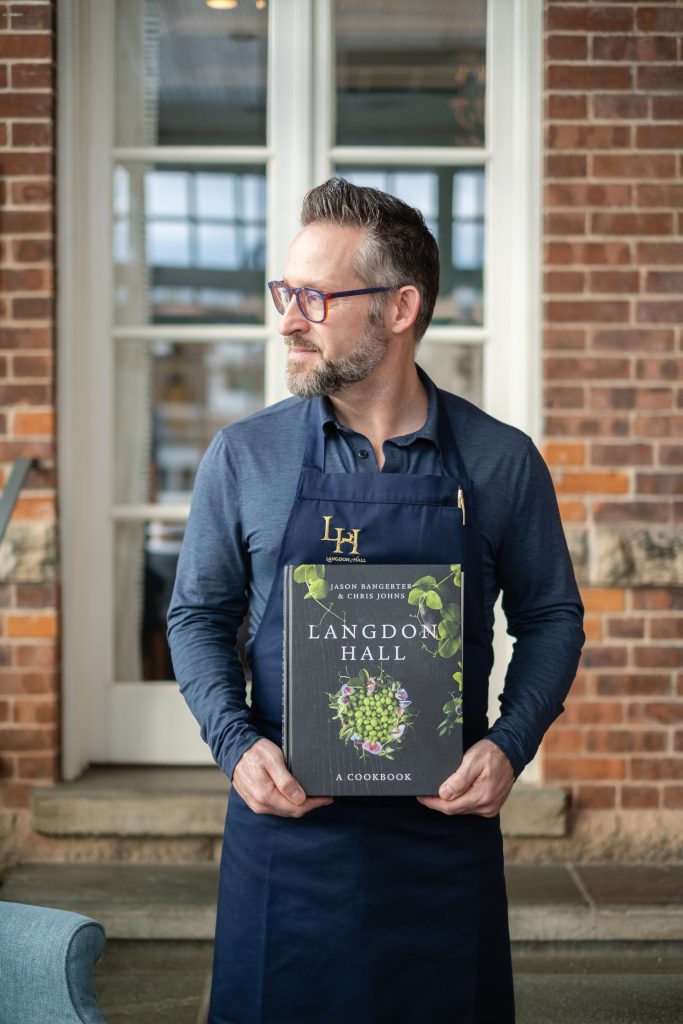
The book is structured not so much around the larger seasons as discreet events that mark precise moments of a season – right down to temperature or when the sun reaches its highest position in the sky: “Eight Degrees,” “Solstice,” “First Frost,” “Snow Cover.”
Capturing those moments, if fleeting, the book is a unique and important milestone for Waterloo Region – and for Bangerter who has been at Langdon Hall for nine years.The recipes are clear, direct and intriguing; Faulkner’s photography, glorious. Despite the pandemic the Langdon kitchen was busy, so the logistics of assembling the various parts of the book took some juggling. A studio was set up on the property and every three months or so the team of co-writer Johns, Faulkner and Bangerter would convene, work with the food, take notes and photograph eight to ten dishes at a time.
The result is a 300-page exploration of some of Bangerter’s cooking in its current form within the sharp or subtle ebb and flow of the seasons at the 75-acre Langdon property. For Bangerter, the terroir at Langdon’s Carolinian forest has been his touchstone as he has discovered it.
EVOLVING AS A CHEF
He calls the roughly 80 recipes his evolution as a cook – and that of his team, to whom he gives due credit – as well as that of Langdon Hall owners Bill Bennett and Mary Beaton and their care for the country house and hotel, ranked 4th among “Canada’s Best 100 Restaurants” in 2021.
Yet, the focus isn’t only inwards: the book is a slice of Waterloo Region too. Bangerter, as he thumbs through the pages says that if you’ve been to Langdon Hall you’ll recognize the Carolinian forest and the atmosphere and setting as you flip through recipes and photos; if you’ve not been to Langdon, the book is then an entrée, a vicarious amuse-bouche, drawing you in, he says.
“All the dishes in the book are intertwined in the season,” he says. “As we started out, we wanted the book to captivate and intrigue readers.”
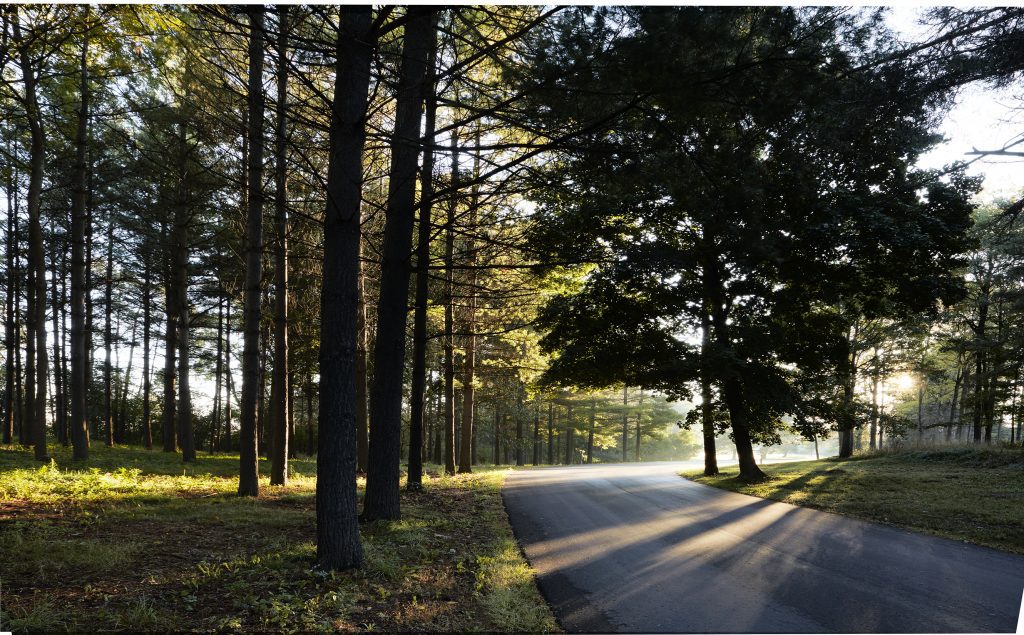
There is intrigue in the recipes, their ingredients, techniques and the corresponding notes. Along with the images, the book is instructive and accessible, partly because most of Bangerter’s dishes are simply named and declarative: “Beef Shortrib and Rutabaga,” “Pickled Whitefish,” “Salmon and Leeks,” “Lobster,” “Orchard Apple.” He jokes that people will want to buy the book if only for “Truffle Soup.”Obviously, some recipes are complex, but “Baby Beets” with goat-milk yogurt and dill, for instance, requires no special equipment, and the ingredients are ones most kitchens and larders have in supply. The only difference is that the Langdon garden grows six varieties of beets: “… there’s almost always some kind of beet production going on in the kitchen,” Bangerter writes.The playfully named “Beer-Battered Fish and Chubby Chips,” served at Wilks’ Bar, showcases a beloved surf-and-turf pub classic where distant ocean meets nearby potato crop united by amber beer or pale ale from a local brewery.
At the heart of the book, Langdon Hall’s terroir – that place and time, the environment and the climate for ingredients – is elemental, Bangerter says. It sets Langdon Hall apart and yet it’s familiar to us here in the region.While talent and creativity are required for good cooking, understanding and respecting ingredients is paramount. As he worked with Johns and Faulkner, Bangerter shares in words and recipes, his incipient understanding of the particular terroir. “It’s my discovery,” he says – over the decade or so he has been at Langdon.
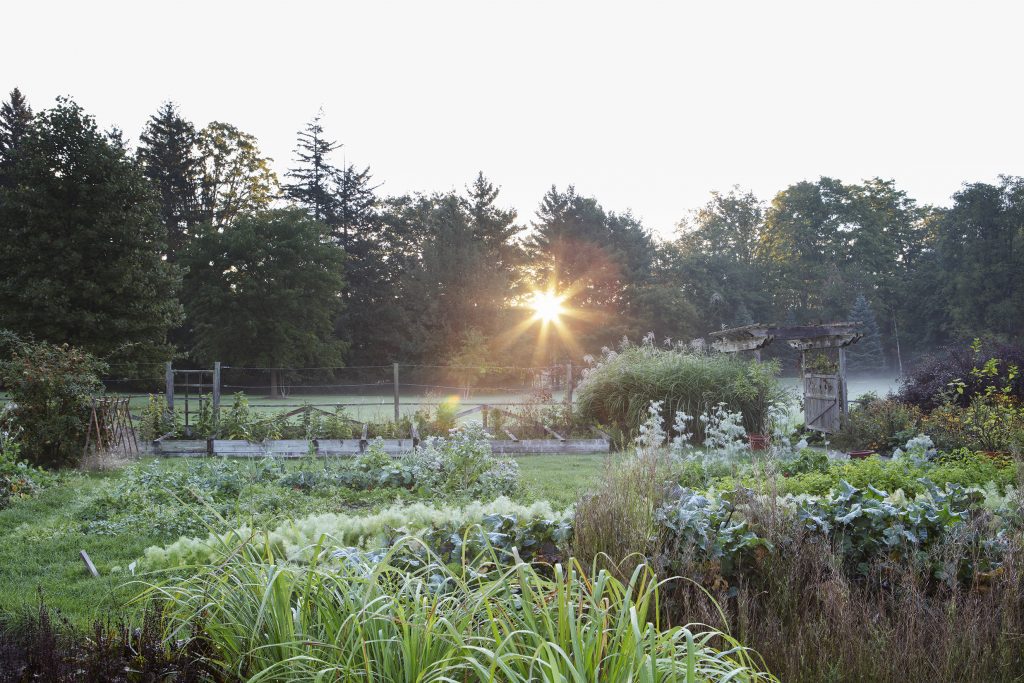
As a cook who has previously worked in downtown Toronto – where there is only a mediated connection to terroir through suppliers and foragers who visit – Bangerter says that here he’s truly connected to the farmers, growers, butchers and fishmongers that are either on the property or a mere stone’s throw away. It is that proximity that his kitchen endeavors to share with guests.
CELEBRATING PEOPLE, COMMUNITY, AND PLACE
“Every day in the restaurant,” Bangerter says, “we’re trying to connect people to the land where there’s a story. It’s those stories that change the food and dining experience.”When I asked Bangerter, whose work on the book derives from both the Langdon property and his personal interpretation of it, he says the book has been about re-inventing and re-imagining himself as a cook.“It took me back to what got me into cooking and loving food. And the art of creating with food, too,” he says. “There aren’t many chefs and restaurants that have what Langdon Hall has at their fingertips. It’s a gift.”
Roughly 90 per cent of the vegetables and herbs that are used in Bangerter’s dishes between June and December come from the Langdon property, its terroir. To garnish one particular plate, they take advantage of unique edible flowers that are in bloom for only three days; it’s often a fleeting moment that inspires his cooking, he says, whenever he walks through the garden or across the grounds.
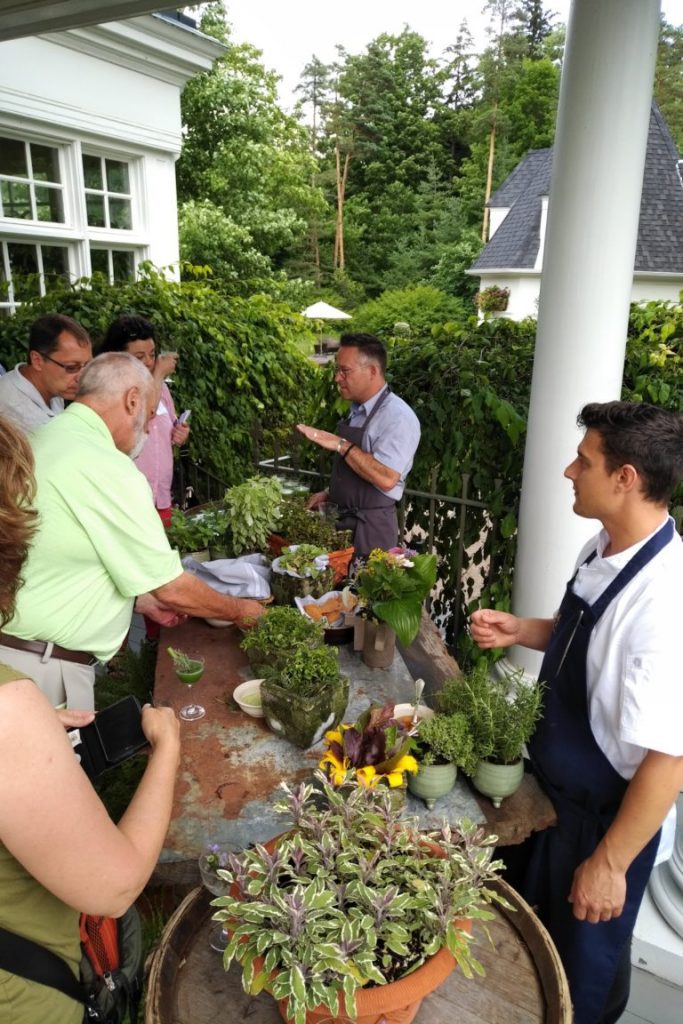
While Relais & Châteaux’s properties are 580 members in 68 countries independently owned and unique, they share an ethos and philosophy, says Bangerter, who represents Canada and therefore Waterloo Region on Relais & Châteaux “World Culinary Council.”These are, of course, premier properties and experiences, but the Council strives for diversity, equality and inclusiveness in culinary matters. “We meet and set objectives and goals for equal pay, more women in our kitchens, sustainable food, and better connections to our communities, for example,” Bangerter says. Food and travel lovers from outside the country and from other Canadian provinces are going to see in the book some of these values, he adds. Food has a highly visual character, and several recipes have for their physical background the art that you might see at Langdon. “I love the juxtaposition of that art here with the food. We’ve used that in several cases as a sort of connection to the history.” He cites one example of a 17th-century portrait of a Dutch aristocrat, a gift to Beaton and Bennett, that is the surface for Bangerter’s “Champagne Eggs.”
“In the picture in the book, it looks like she’s holding a pheasant – except we added a real pheasant. It’s a playful image,” says Bangerter. Faulkner’s flat depth of field creates a sort of trompe l’oeil for a still-life rusticity that captures the history of Langdon as a country house.
Langdon Hall: A Cookbook reaches to the past at the same time that Bangerter’s food and cooking is about Waterloo Region now.
“We’re 15 minutes from some fantastic farms that help make us what we are here at Langdon and in the community. Eggs, tomatoes, pork and beef. All these great things. And there’s certainly even more that I don’t know about and can discover,” Bangerter confesses.
“The book celebrates the people, the community, the place or terroir of what we have here, now, in this region.”
View this post on Instagram
Find Langdon Hall on the Waterloo Region Great Taste of Ontario Passport!
Andrew Coppolino is a writer-broadcaster, and is a food columnist with CBC Radio in Waterloo Region. Following a stint as a cook at a restaurant in Kitchener, Andrew chose to work with food from the other side of the kitchen pass. As a food writer, he is dedicated to promoting and nurturing culinary businesses and advocating for local chefs and restaurants. Andrew’s work has been published in newspapers and magazines across Canada, the United States and England. Follow him on Twitter, Facebook and Instagram.
